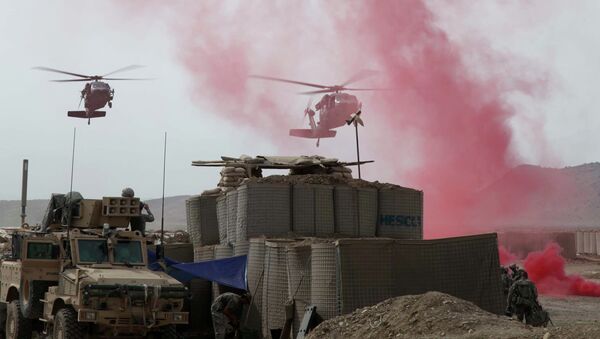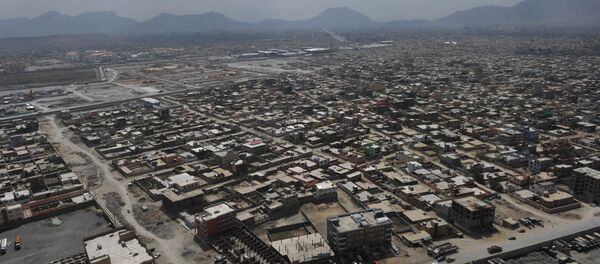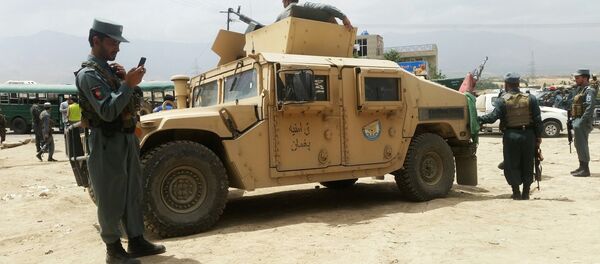Over the weekend, US President Barack Obama ended the NATO summit with claims that his legacy would be marked by a decrease in international conflict.
"The good news is that there are fewer wars between states than ever before," he told reporters in Warsaw.
Only two days later, US Defense Secretary Ashton Carter announced that General John Nicholson, the US commander in Afghanistan, would be given broader authority to conduct operations against the Taliban.
This will allow "much more efficient use and effective use of forces we have here, as well as the Afghan forces."
"Whereas previously he waited until a situation had developed in which Afghan forces really needed our enabling support, now he’s able to look ahead," Carter said. "That’s a better way of making use of what we have here now."
This means that US troops no longer need to wait for Afghan government troops to request assistance before acting.
While Carter’s comment came on Tuesday, the new rules were put in place by the White House last month. While one military official claims the new authority has been used two dozen times so far, General Nicholson said it is being used "almost daily."
"I think all of the uses have been right in line with the intended purpose that the President gave us," Nicholson said.
The NATO-led combat mission in Afghanistan officially ended in 2014, and while Obama previously announced plans to withdraw as many as half of US soldiers in the country by year’s end, that decision has been scrapped. On Wednesday, the President said the Pentagon would keep 8,400 troops in Afghanistan through the end of Obama’s term.
This, he said, would ensure "my successor has a solid foundation for continued progress in Afghanistan as well as the flexibility to address the threat of terrorism as it evolves."
Speaking to Sputnik, Afghan MP Ali Amini stressed that the NATO operation has failed to provide peace and security.
"Both the international community and Afghan authorities are interested in doing away with terrorism. But I feel that the money is allocated only under slogans because just a few people want and can fight terrorism in Afghanistan," he said.
"In order to practice what they preach, Afghan authorities must be responsible for the distribution of these funds."






